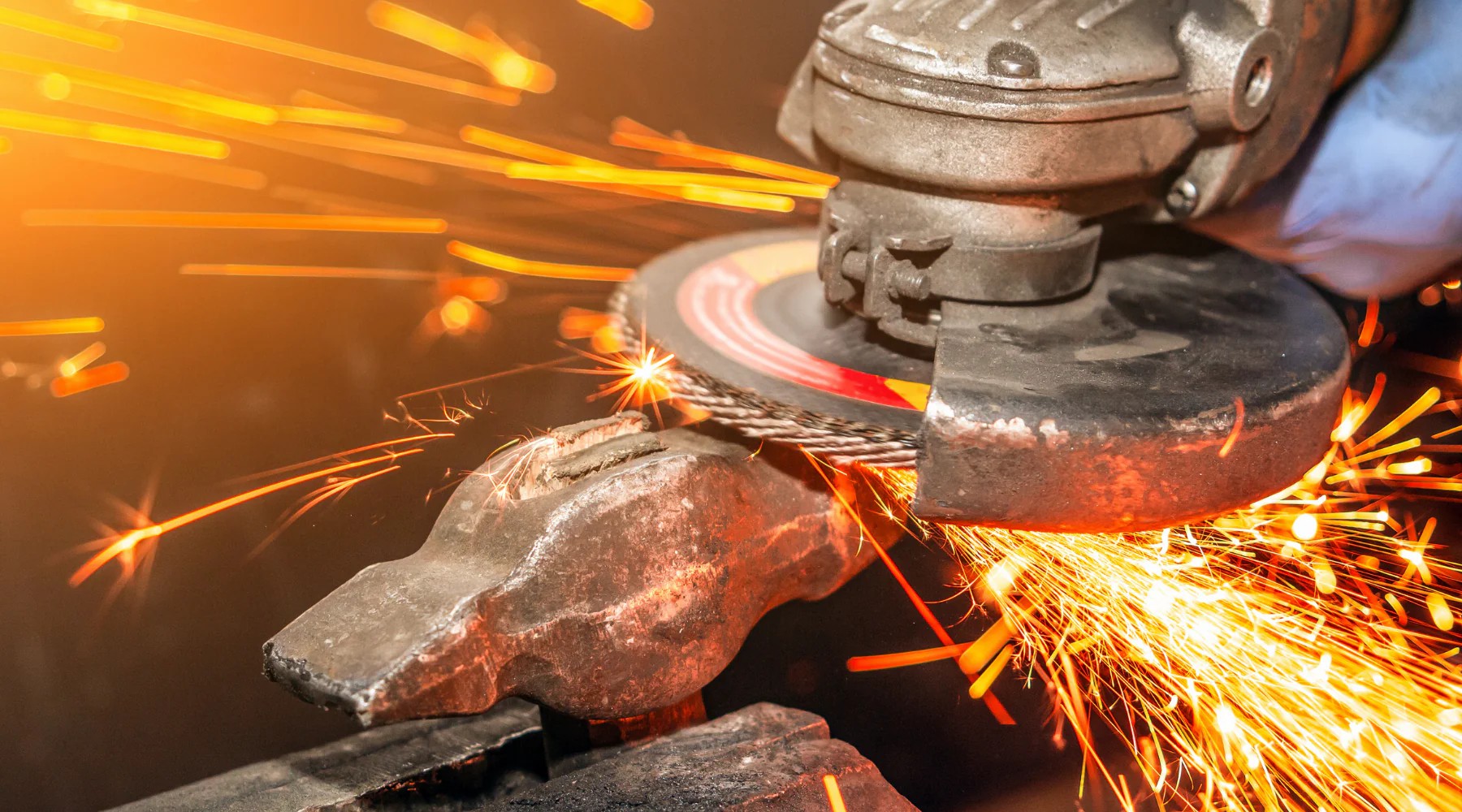


 349,500 Offered Certificates
349,500 Offered Certificates
 24/7 Online Training
24/7 Online Training
 Money Back Guarantee
Money Back Guarantee
 Fully Accredited Courses
Fully Accredited Courses

Created at: 22-02-2025 23:38
Abrasive wheels are essential tools in various industries, from metalworking to construction. However, their improper use poses significant risks that can result in serious injuries or fatalities. Understanding these risks, the importance of proper training, and safety measures can help mitigate workplace hazards and improve outcomes for workers across Ireland, particularly in major cities like Dublin, Cork, Galway, Limerick, and Waterford.
Abrasive wheels refer to discs made from abrasive materials used in powered tools for cutting, grinding, and polishing. While these tools are incredibly effective, they can be dangerous when not handled correctly.
There are several key hazards associated with abrasive wheels that every worker should be aware of. These include:
Despite ongoing safety regulations, injuries remain prevalent in the industry. Common injuries include:
Here are essential best practices to reduce the risks associated with abrasive wheels:
Obtaining an Abrasive Wheels Certificate not only enhances safety in the workplace but also significantly improves career opportunities for individuals. Here’s why compliance matters:
Individuals can enroll in various Abrasive Wheels Courses available in cities including:
In the dynamic work environment across Ireland, understanding the inherent risks associated with abrasive wheels is crucial for ensuring a safer workplace. Through proper training, use of PPE, and obtaining your Abrasive Wheels Certificate, both workers and employers can significantly reduce the likelihood of accidents. By committing to safety, we can create a healthier working environment for everyone.
If you're interested in enhancing your safety training, consider enrolling in an Abrasive Wheels Course today.
For inquiries, reach us at [email protected].